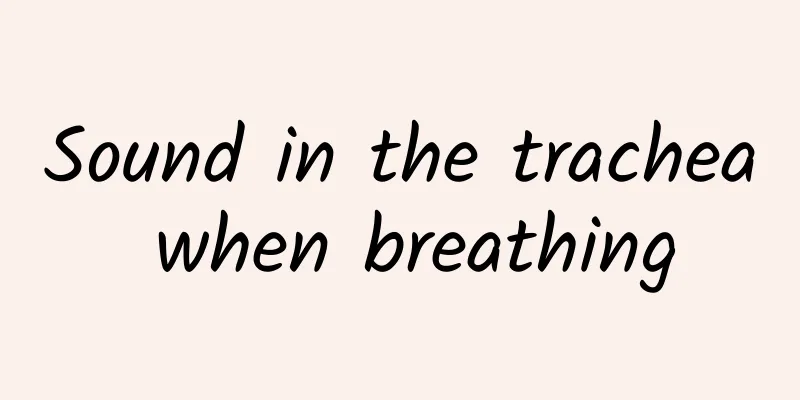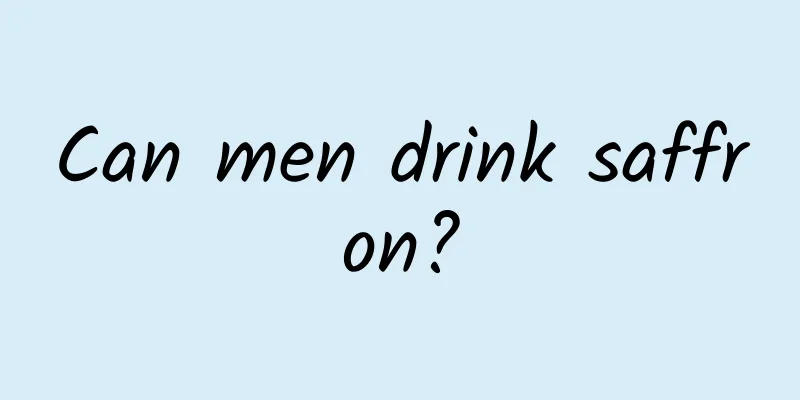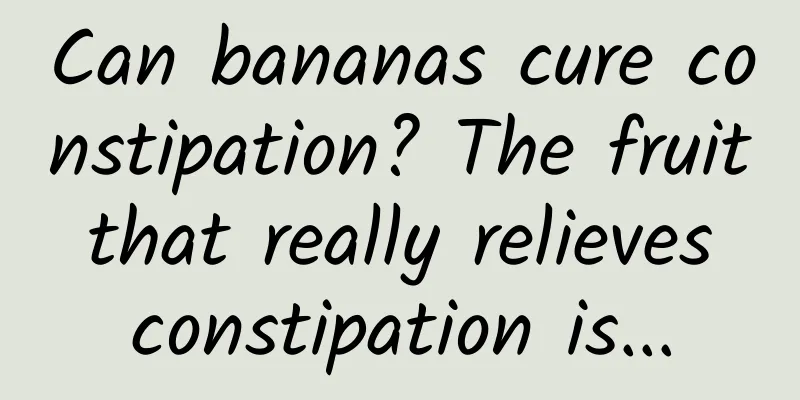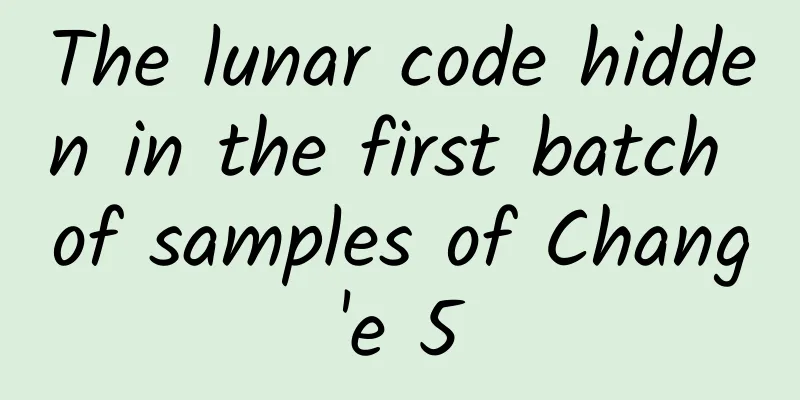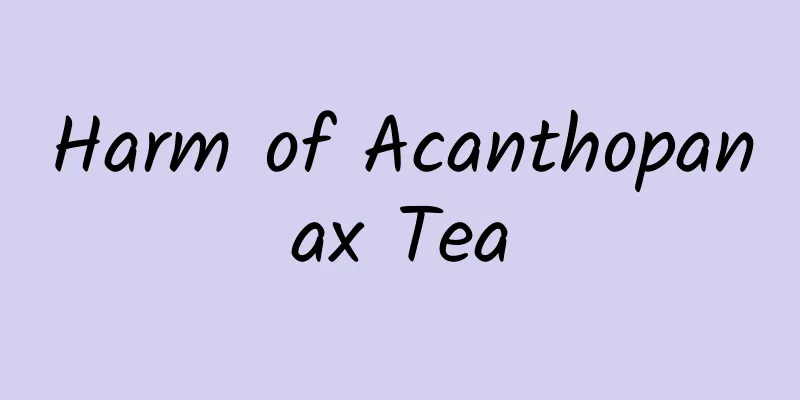Is sulfur poisonous?
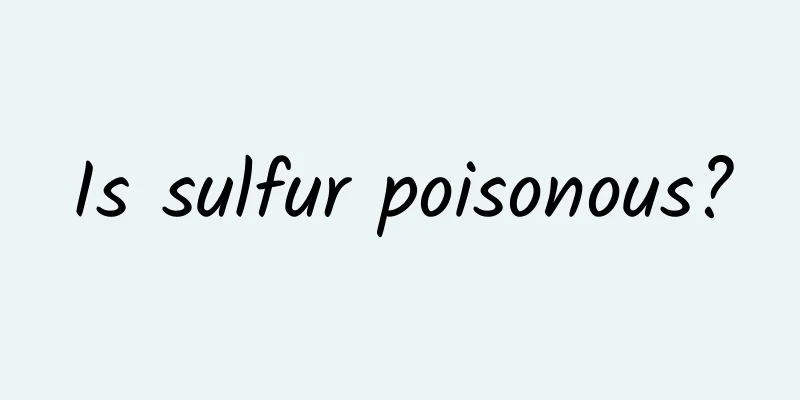
|
As we all know, sulfur is a toxic substance. Generally speaking, sulfur is used more in industry and medicine. However, if the food we take also contains sulfur, it will definitely cause great harm to our body. However, in recent days, we have discovered that some medicinal materials are bleached and dyed with sulfur to make the color of the medicinal materials look better. There are also TV programs that have conducted special investigations and found that many medicinal materials in the medicinal materials market are smoked with sulfur. Our common medicinal materials, including wolfberry, generally undergo significant changes in color after being bleached and dyed with sulfur. By comparison, you can find that the processed wolfberries will be brighter in color and can be stored longer. However, many people do not understand this and do not know how to distinguish it. Here are some recommended methods to teach you how to distinguish it. 1. Sulfur fumigation makes the medicinal materials more beautiful but the soup becomes sour Sulfur fumigation or soaking of Chinese medicinal materials and decoction pieces has a history of thousands of years and is a traditional processing method. However, modern research has found that this practice poses certain health hazards to the human body. Director Tang said that the surface of medicinal materials fumigated with sulfur will absorb a small amount of sulfur dioxide, and the sulfur dioxide will dissolve in water to form sulfurous acid. When the traditional Chinese medicine is decocted, the decoction will become sour and have a certain irritation to the gastrointestinal tract. Therefore, experts call for the introduction of relevant national regulations and standards as soon as possible to establish safe dosages and safety standards for sulfur content in Chinese herbal medicines. 2. Identify sulfur by "looking, smelling, tasting and feeling" It is understood that there are 8 varieties of Chinese medicinal materials on the market that are most severely sulfur fumigated - Fritillaria thunbergii, Chinese angelica, Gastrodia elata, Chinese yam, white peony root, Chrysanthemum morifolium, Codonopsis pilosula, and Lycium barbarum. At present, "selling medicinal materials is like selling sweet potatoes". The origin and processing of Chinese medicinal materials are blind spots in supervision, and there are no standards to follow for the problem of sulfur dioxide residues in Chinese medicinal materials. Therefore, experts say that it is best to go to a hospital or a reputable pharmacy to buy medicinal materials. Of course, experienced Chinese medicine practitioners can determine whether the Chinese medicinal materials have been fumigated with sulfur by looking at their appearance. Director Tang said that "looking, smelling, tasting and cutting" can still help citizens make preliminary identifications. (1) From the appearance For example, after fresh yam is sliced and dried, it will become wrinkled and yellowish in color. If the yam slices are smoked with sulfur, they will become white and plump. The Fritillaria thunbergii with sulfur is pure white, while the Fritillaria thunbergii without sulfur is gray. In addition, some medicinal materials become brighter in color, even abnormally bright, after being fumigated with sulfur. For example, wolfberry is extremely bright red. However, medicinal materials that have been fumigated with sulfur will turn yellow if left for a long time. (2) In terms of smell Medicinal materials fumigated with sulfur will have a sour smell. (3) In terms of weight Medicinal materials fumigated with sulfur are heavier than those not fumigated, and even herbs with loose textures can clearly feel the difference in weight. The above recommends relevant identification methods for everyone. Therefore, we must strengthen our awareness of identification among the food or medicinal materials around us and accumulate our own identification experience. In this way, we can find non-toxic and harmless foods among those foods that are easy to mislead people, thereby reducing the harm of external substances to our bodies. I hope that everyone can strengthen their awareness of prevention. |
<<: The efficacy of winter mulberry leaves
>>: The efficacy and function of raw pinellia
Recommend
Controversy for 60 years: Does hot water freeze faster than cold water?
For a long time, there has been a saying that hot...
The efficacy and function of black gland loosestrife
Most Chinese medicinal materials have good effect...
How were the oldest stellar relics in the Milky Way discovered by Chinese scientists?
13.8 billion years ago, when the universe was fir...
What are the medicinal values of stone gourd?
Many of my friends may not understand the medicin...
Does Panax notoginseng powder harm the stomach?
Panax notoginseng powder is a medicine that we of...
What are the benefits of stewing snow pear with Sichuan Fritillary Rock Sugar?
As we all know, the climate changes drastically i...
The efficacy and function of Polygonum multiflorum
In modern life, everyone is very familiar with va...
Lying down or standing up? There are many ways to transport a rocket
Not long ago, a video of the Long March 7 rocket ...
Is adding chlorine to tap water harmful to the body?
We all know that chlorine is a toxic gas with a s...
How is a brick of the Great Wall fired?
Starting from Shanhaiguan in Hebei in the east an...
The efficacy and function of Shishan pepper
Traditional Chinese medicine is very helpful in t...
The efficacy and function of Si Shi Qing
Do you know about Si Shi Qing? It is a common med...
What are the medicinal values of Moringa oleifera
In recent years, the Moringa tree has become a he...
Which is worse: wanting to urinate as soon as you drink water or drinking a lot of water but not urinating?
Tuchong Creative Have you ever had this experienc...
Why is my phone charging so slowly? Here's the reason
As mobile phone functions become increasingly pow...
